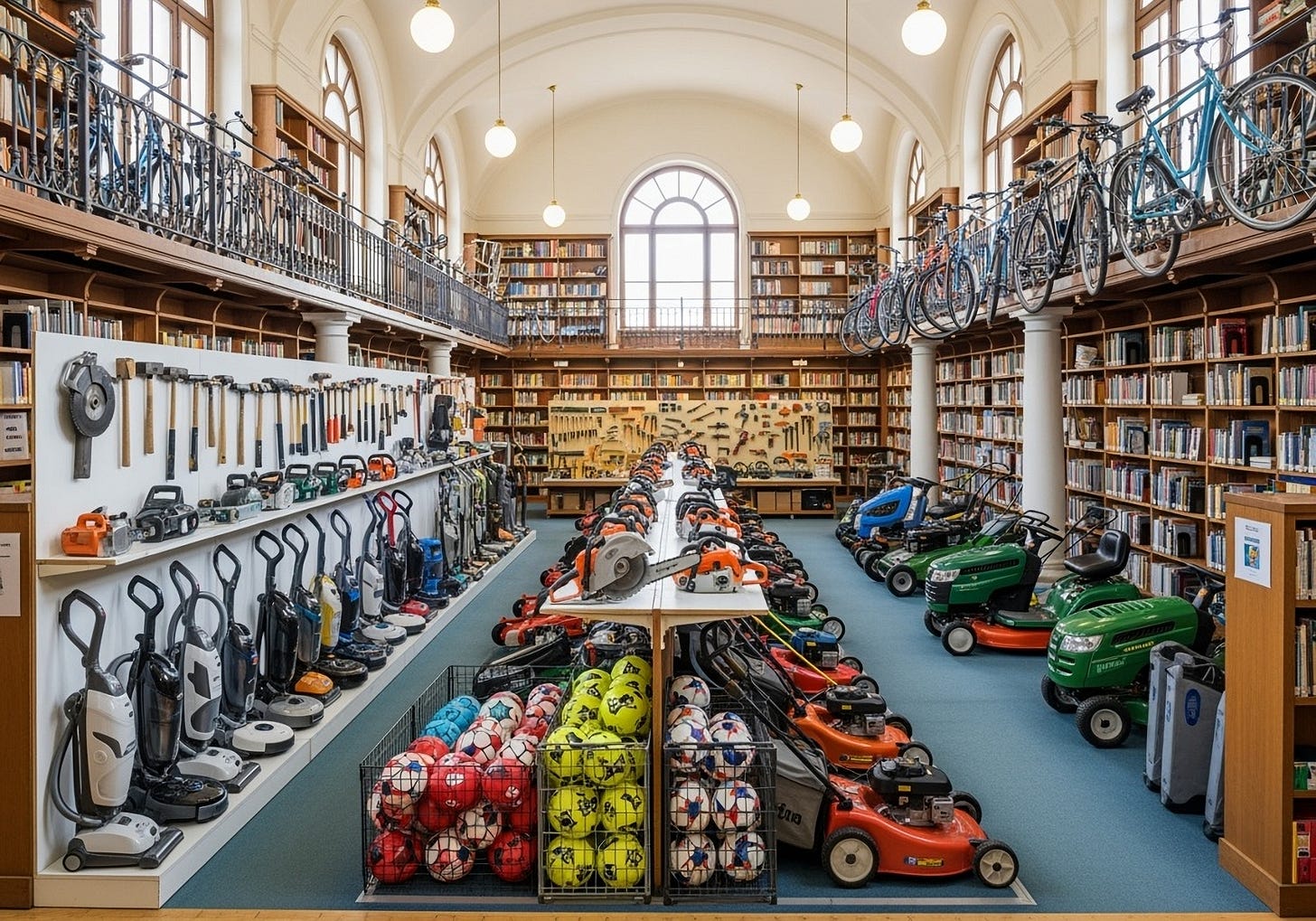New Column - Why We Don't Have Libraries of Everything
by Lee Camp
Libraries Then and Now
You might have heard of libraries. People used to go there to get books. Nowadays, they’re mainly used by homeless people to find some air conditioning—because actually taking care of those with the least in our society would be… Ewww. So cringe. The best, most caring, most ethical thing to do is leave them on the street and point …
Keep reading with a 7-day free trial
Subscribe to Lee Camp - Truth & Freedom to keep reading this post and get 7 days of free access to the full post archives.


